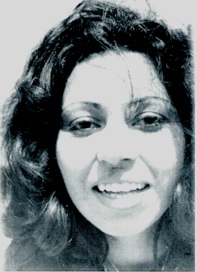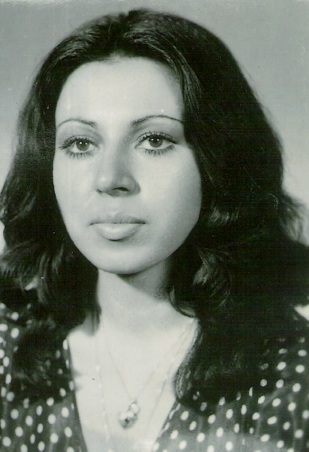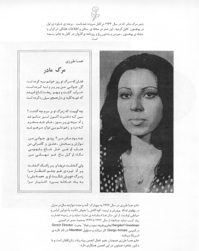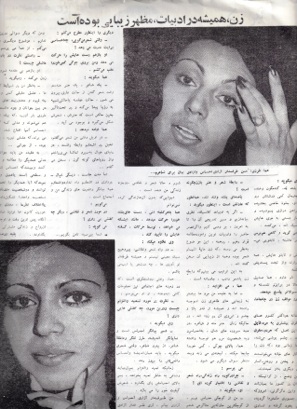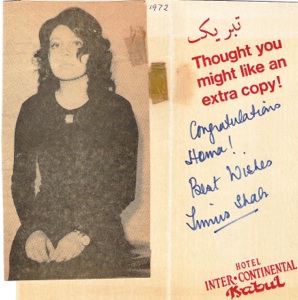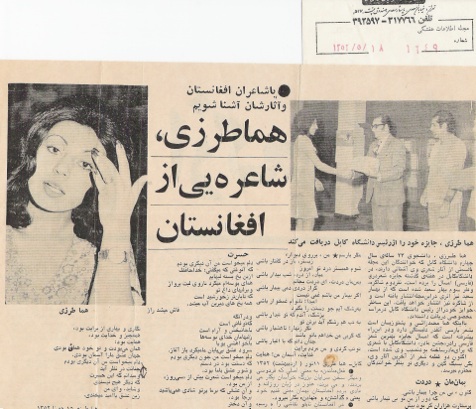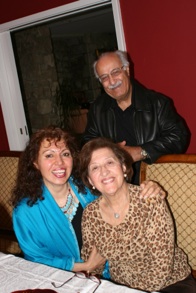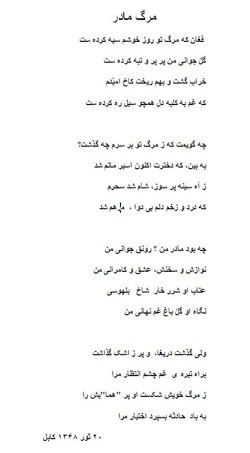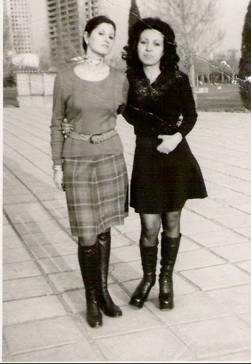Homa, the youngest daughter of Ms. Mehrnegar and Mr. Mohammad Seddiq Tarzi was born on January 7th, 1951 in Kabul Afghanistan. Her family members were amongst the very educated, intellectual and influential people in Afghanistan.
After graduating from Kabul University, she went to Tehran, Iran to continue her educations. Unfortunately due to the problems caused by the dominance of the Communists forces in Afghanistan and the Islamic revolution in Iran, she had to discontinue her studies and immigrate to New York in February 1979.



